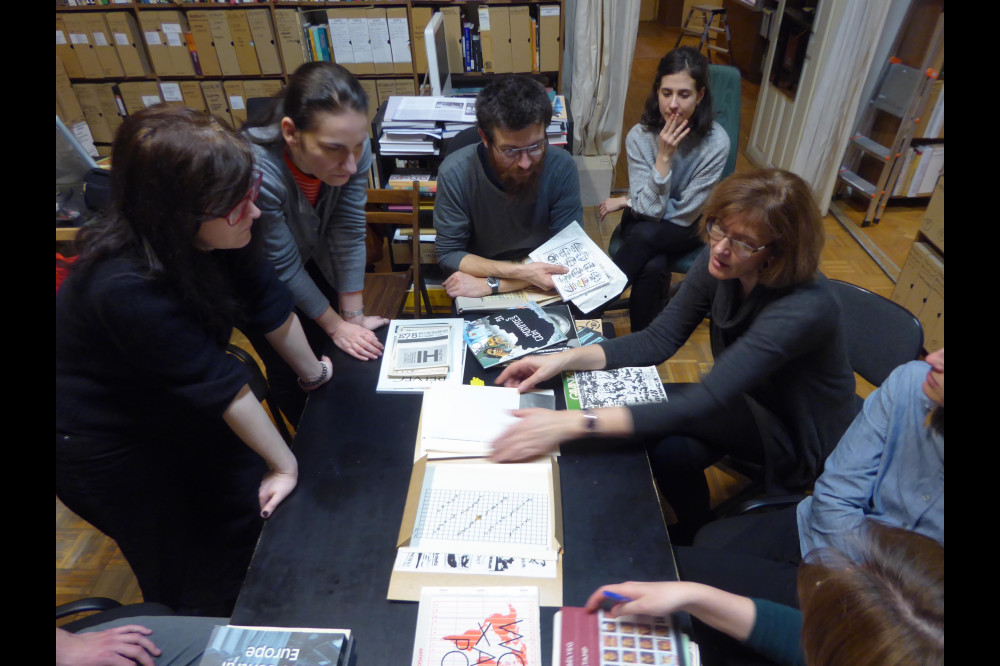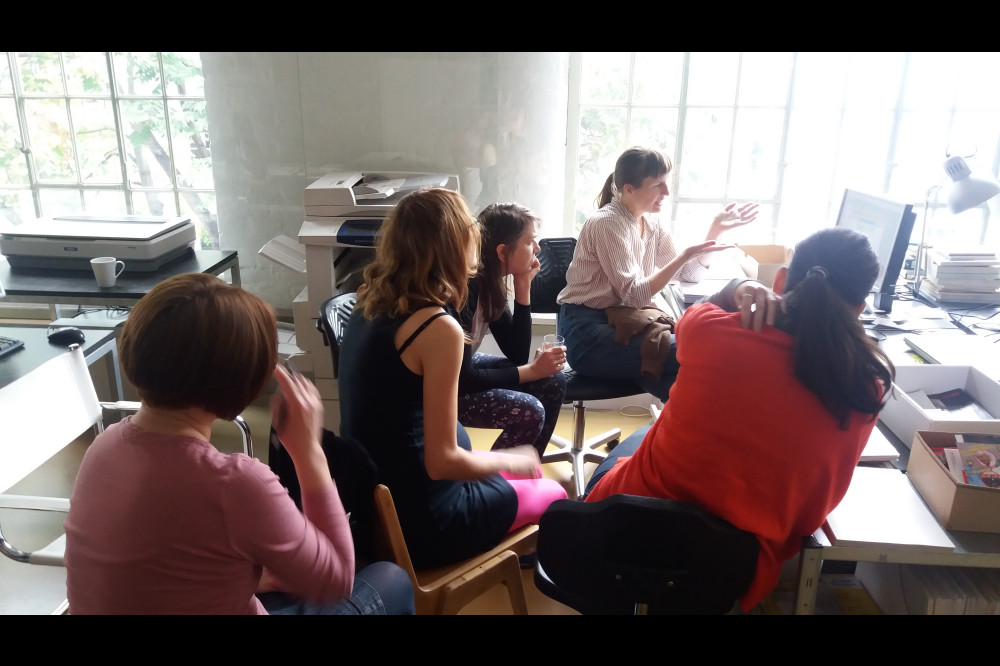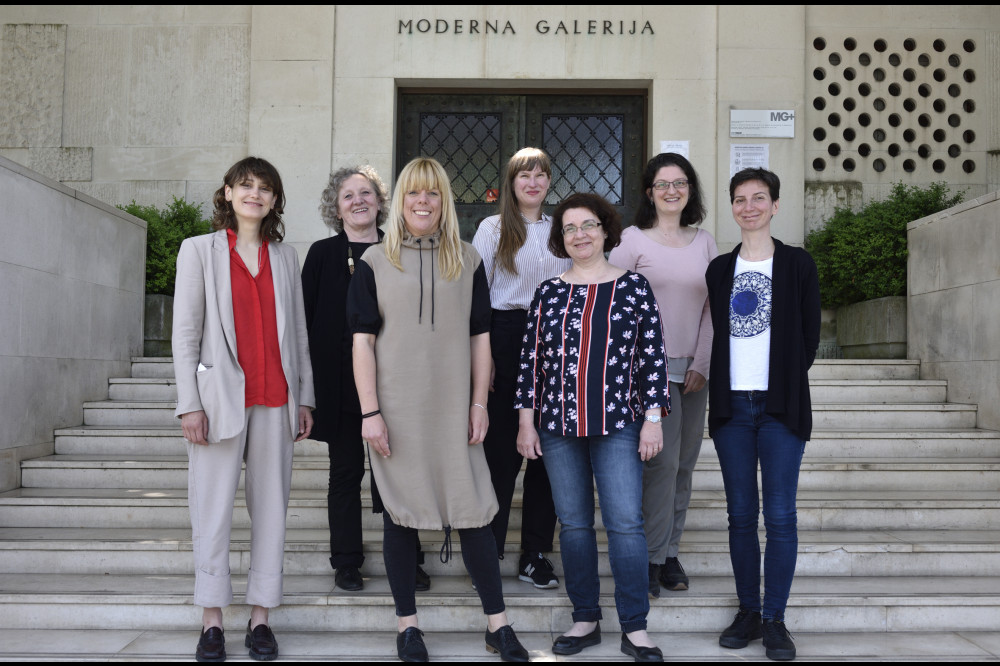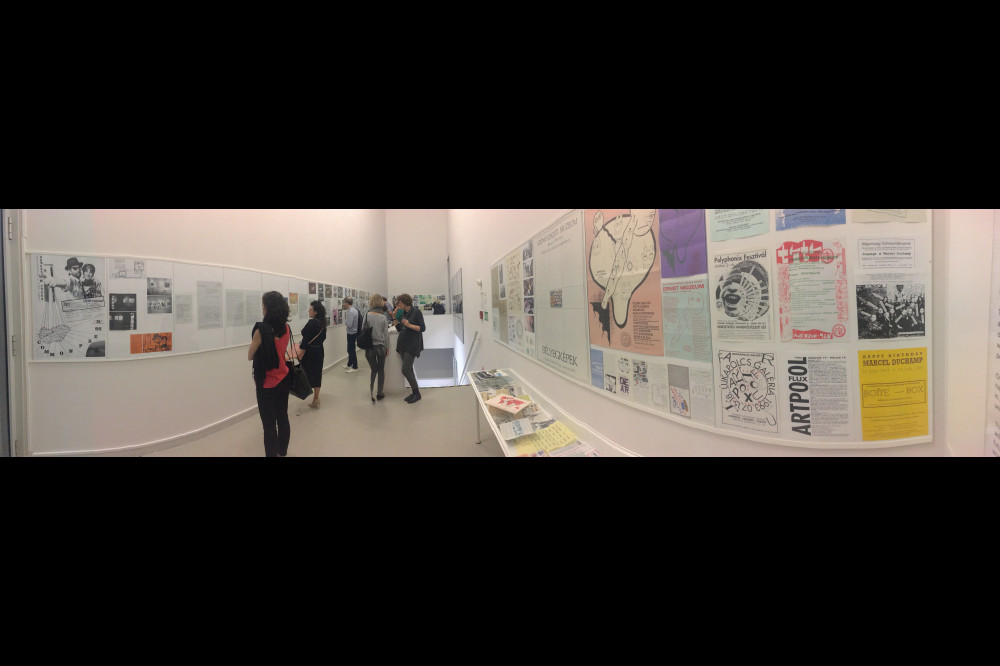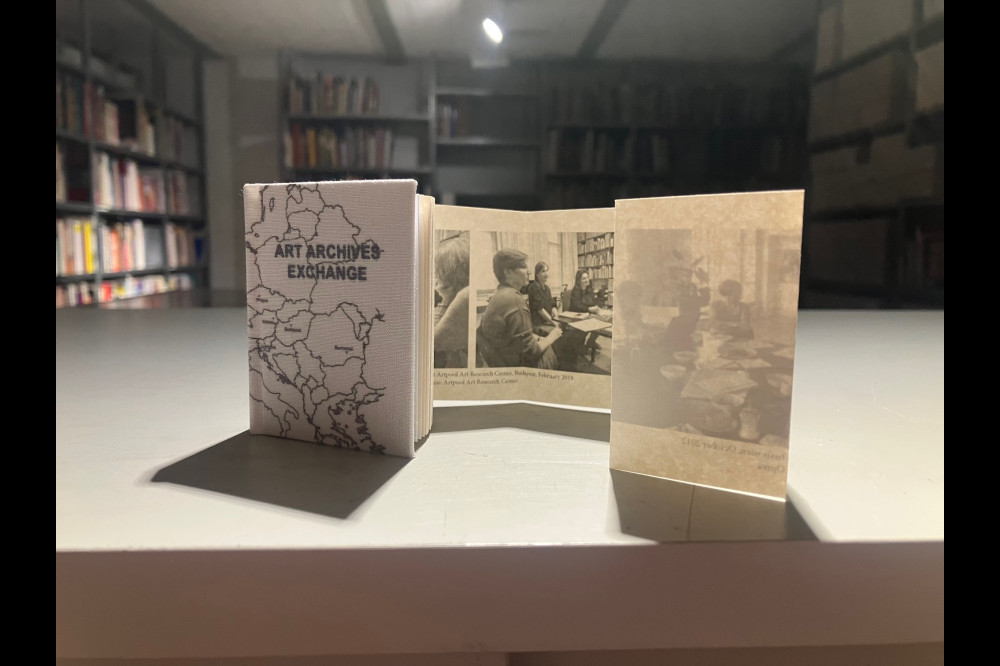Art Archives Exchange - Educational Strategies for Contemporary Art Archives
The project Art Archives Exchange - Educational Strategies for Contemporary Art Archives was co-funded by the Erasmus+ programme, supporting strategic partnerships for the exchange of good practices.
Art archives fulfill a fundamental role for our society, preserving our cultural heritage for future generations. In recent years there has been an increased interest in the original and ephemeral materials collected by art archives. This archival work itself often remains in the background, there is only little public awareness about the continuous effort that is necessary to ensure the preservation and accessibility of the objects. Especially archives of contemporary art employ a wide variety of strategies to document the production, exhibition and reception of contemporary art.
The aim of this project was to focus both on the educational role of contemporary art archives as well as the educational requirements of those professionals working in these archives.
Currently there are only few (if any) training opportunities targeted specifically for archivists of contemporary art. Work based and peer learning through exchange with similar institutions are integral ways for professionals in the field of contemporary art documentation to actualize their skills and learn new competencies.
Starting in September 2018, the five partner institutions Artpool Art Research Center / Museum of Fine Arts Budapest, basis wien – Documentation Centre for Contemporary Art, Fine Arts Archive Prague, MNAC Bucharest, Moderna galerija Ljubljana worked together intensively over the course of 36 months to develop a structural approach for the exchange of good practice examples and educational strategies that will still be continued after the end of the project and used by other art archives as well.

** The European Commission's support for the production of this publication does not constitute an endorsement of the contents, which reflect the views only of the authors, and the Commission cannot be held responsible for any use which may be made of the information contained therein.
